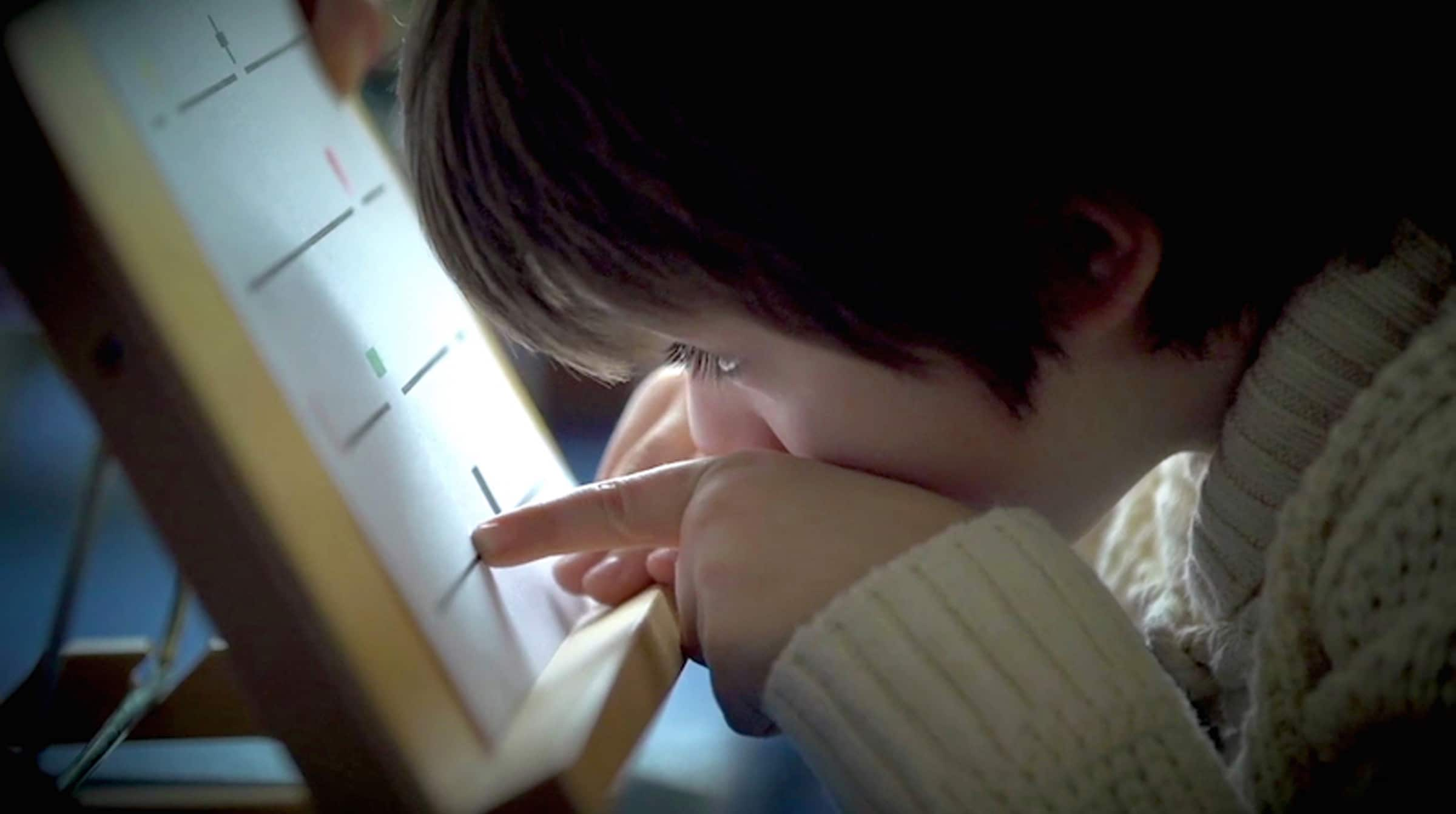
Wendy McMahon - February 26, 2018
Math assessments—you want them to be accurate, easy-to-deploy and most of all authentic. But as educators look to expand their arsenal of assessment tools beyond timed-tests, how do you evaluate if an assessment will work for you and your students?
We asked a group of Canadian elementary teachers to share their thoughts on the key elements they look for in effective assessments—here’s what they shared.
What should math assessments do for teachers?
The teachers we spoke with say effective math assessment should do the following:
- Tell you what students know, and what they can do.
- Inform instruction and allow for deeper probing.
- Identify and guide you to the next steps to take to support student learning.
What are some important elements of effective assessment?
- Teachers say one single type of assessment for all students doesn’t work, instead assessments should vary by student age levels.
- Assessments should also be flexible and include a variety of options such as one-on-one, multiple-choice, and problem-solving scenarios.
- Overall, effective assessments should link to the Big Ideas that are the foundation math knowledge.
- To be impactful, it’s best for assessments to progress from basic to in-depth.
When (and how) should you assess?
When we asked teachers for their thoughts on the ideal times to assess students, they were clear that a variety of types of assessments should happen often in the classroom. They pointed to these three key categories of assessments for teachers to understand and use in their math classes.
- Diagnostic assessments—Completed before you begin a new unit, these assessments help you understand what students know before learning begins. What you learn from these short assessments (which are often quizzes, tests, activities or even short projects) helps inform your instruction going forward. Ideally these assessments are easy to administer, offer results you can quickly interpret, reveal student thinking and offer next steps. )
- Formative assessments—These assessments happen during learning and throughout a unit. They are short, non-graded assessments such as self- assessments, peer-assessments, or even teacher observations. You can use formative assessments to check student understanding throughout the learning process and then use your findings to guide the next steps of your instruction and intervene if students are struggling.
- Summative assessments—These more formal assessments evaluate student learning at the end of a unit, or end of the school year. You compare the results of these assessments against standards or benchmarks. Examples of these assessments include portfolios and presentations,posters and project based learning activities.
Assessments are key tools for helping you support the learners in your classroom. We hope the info shared here can help you choose and implement assessments that support learning throughout the school year.